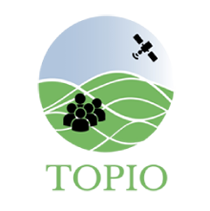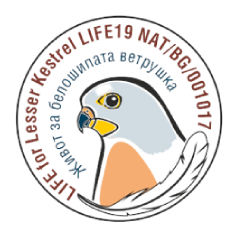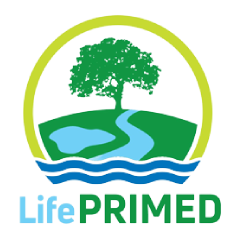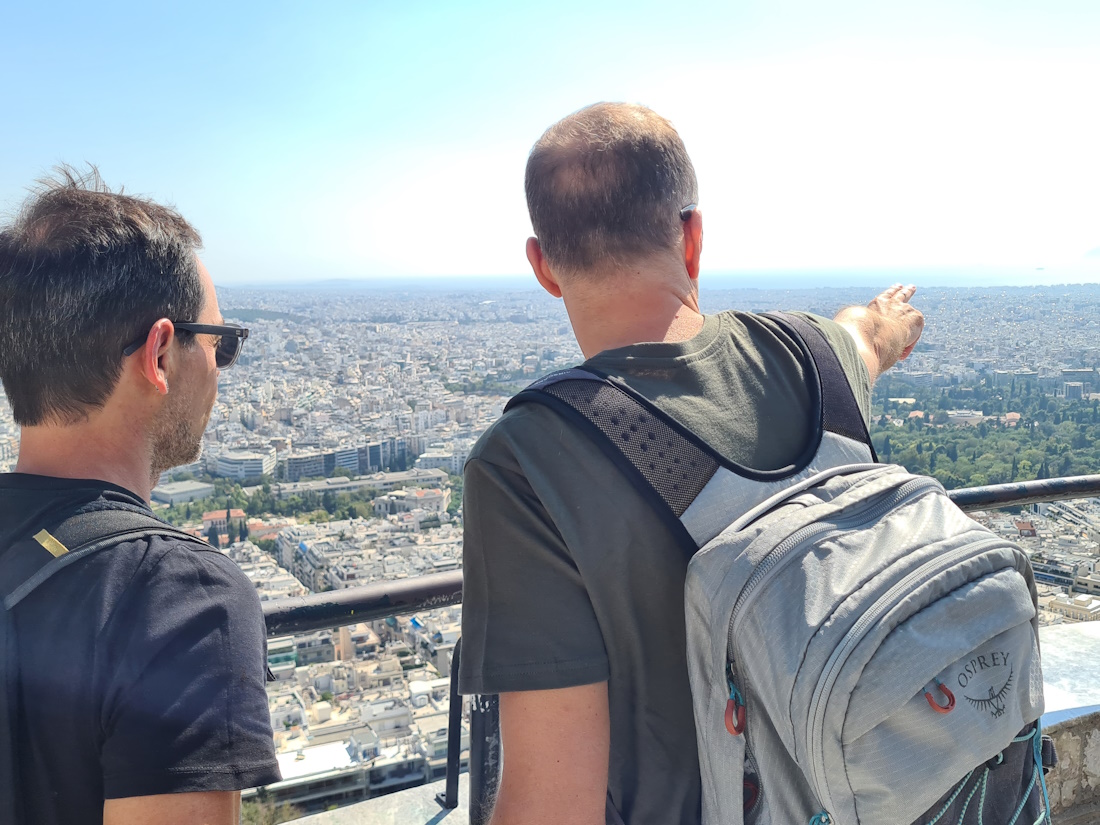
The Erasmus+ project “Food in Schools and Climate Change” aims to empower educators in environmental education, focusing on the connection between food and climate change (CC) and promoting Education for Sustainable Development (ESD). Through the project teachers will gain skills and support to teach responsible food practices and the importance of local production, with a focus on vulnerable groups. The goal is to inspire students to adopt sustainable practices and enhance the resilience of food systems.

The project “Environmental Education and Maritime Literacy in the Black Sea Basin (EOL)” aims to address the lack of public understanding regarding the importance of conserving Black Sea ecosystems by changing the way we teach about the sea. Its goal is to help citizens recognize threats to the sea as their own and view the protection of ecosystems as a shared societal responsibility, while also improving communication about marine resource conservation. The project brings together partners from Turkey, Greece, and Bulgaria.

MONALISA aims to prevent and reverse land degradation and desertification (LDD) by promoting scalable solutions such as adaptive grazing, biofertilizers, conservation agriculture, and water harvesting. The project spans six Mediterranean case studies (Italy, Spain, Greece, Tunisia, Palestine) and combines scientific and local knowledge. A Decision Support System using AI and remote sensing will guide sustainable practices, fostering economic growth in drylands. Τhe projet coordinator is the University of Sassari.

HSPN participates in the four-year ProCleanLakes (HORIZON EUROPE) project, aiming to protect and restore Europe’s natural lakes. Through integrated approaches combining nature-based solutions and artificial intelligence, the project seeks to improve ecological conditions and develop a roadmap for scaling up best practices. The project is coordinated by the University of Natural Resources and Life Sciences, Vienna (Austria), with partners from 12 countries, including Greece, Italy, Spain, and Cyprus.

The “TOPIO-Towards Democratic Landscape Observation Through Geoinformatics and Public Participation” project empowers citizens to take an active role in landscape decision-making through geoinformatics, artificial intelligence, and public participation. The HSPN participates in this four-year initiative, which promotes sustainable development through innovative actions. The project is coordinated by FORTH, with partners from Greece, Portugal, Cyprus, Belgium, Spain, Estonia, and Italy.

NaTour4CChange is a European initiative, part of the Interreg Euro-MED Programme, aimed at enhancing the governance of sustainable tourism in regions with high environmental value by reconnecting tourism and nature to address climate change with an ecosystem-based approach. NaTour4CChange builds on successful experiences at the Mediterranean and global level to test solutions for increasing the resilience of coastal destinations in the Mediterranean.

The five-year LIFE Phoenix project focuses on conserving and restoring the Priority Habitat 9370 Palm Groves of Phoenix* in Crete and Gran Canaria. It aims to mitigate risks like drought and wildfires, restore palm trees, control pests and invasive species, and raise public awareness. The project is coordinated by Gesplan (Spain), with the Ministry of Environment, the University of Crete, the HSPN and other partners from Greece and Spain.

HSPN participates in the four-year project “Agricultural Practices Protocol for Olive Cultivation in Island Regions” in Lesvos and Crete, under the EU Rural Development Programme (2014–2020). The project aims to improve water efficiency and support climate-resilient agriculture through specialized software to manage water resources and enhance productivity via best agricultural practices. The project is coordinated by HAO-DEMETER.

The 30-month GenB project aims to educate and empower the Generation Bioeconomy, raising awareness of sustainability, circularity, and bioeconomy. Its goals include co-creating educational tools, raising awareness about the benefits of circular bioeconomy, increasing interest in biosciences, and empowering youth to adopt sustainable practices and lifestyles. The project is funded by Horizon Europe and coordinated by APRE (Italy).

Τhe five-year project Better Life for Lesser Kestrel in South-East Balkans (LIFE19 NAT/BG/001017), aims to protect the Lesser Kestrel in Greece and Bulgaria. The Project focuses on improving the species’ conservation status, strengthening new colonies, promoting sustainable agricultural practices, and sharing best practices with other EU and non-EU countries and LIFE projects. The project is coordinated by the Bulgarian NGO Green Balkans, with participation from HSPN and the University of Thessaly.

The project “LIFE PRIMED – LIFE17/NAT/GR/000511,” coordinated by the Hellenic Society for the Protection of Nature, is implemented in collaboration with Greek and Italian partners. Its goal is to protect and manage two priority habitats: the “Mediterranean temporary ponds” (3170*) and the “Alluvial forests” (91Ε0*) in the Nestos Delta and the Palo Laziale area in Rome. Actions include pond restoration, forest regeneration, fencing for protection, and awareness campaigns to prevent illegal logging.








